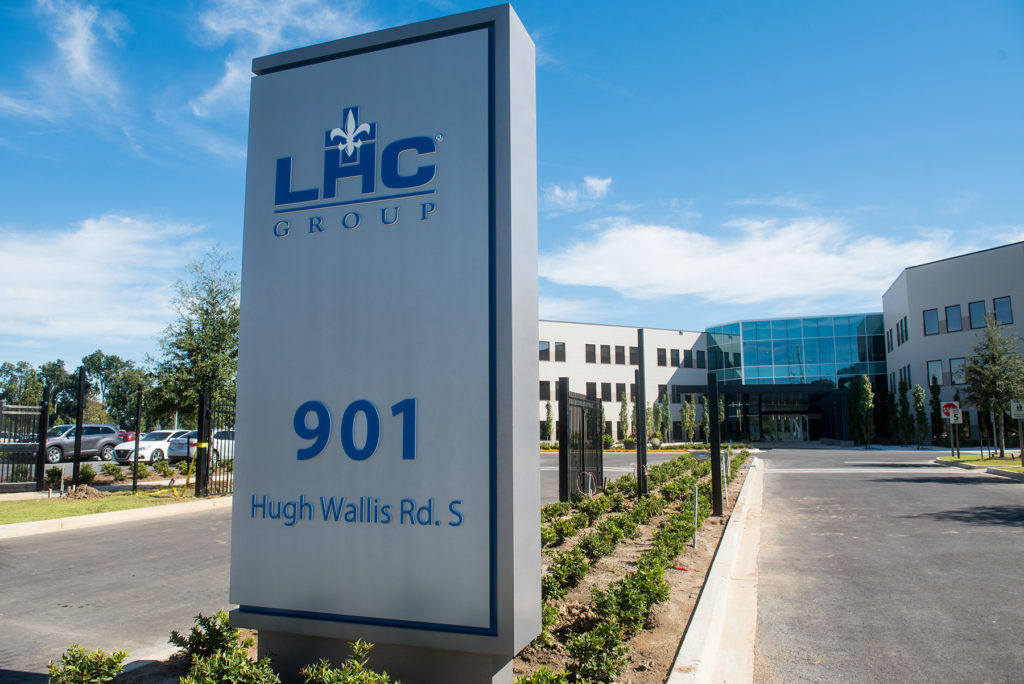UnitedHealth Group (NYSE: UNH) had its annual investor day Wednesday. While the event has included much about home-based care in the past, this time, home health care gained an even brighter spotlight with LHC Group President and CEO Josh Proffitt presenting.
Company leaders spent the day tying home-based care to all sorts of initiatives: to behavioral health care delivery, to value-based care strategy; and to medication adherence success, for example.
But LHC Group was able to provide the nuts and bolts around home health care’s value to the audience for the first time at investor day. It, of course, was acquired by UnitedHealth Group’s Optum in February.
“Fragmentation, and the opportunity to reduce it, is particularly apparent for care being provided in the home,” Proffitt said Wednesday. “I spent 15 years helping to build LHC group, and now I’m proud that we’re part of the Optum team. One of the reasons our company was founded was to develop deeper, more personal relationships with patients and their families in the home care marketplace.”
Proffitt took over as CEO of LHC Group once it became a part of Optum, succeeding Keith Myers. Myers is now a senior advisor at Optum, as well as the chairman and CEO Emeritus of LHC Group.
At Home Health Care News’ FUTURE event in August, Myers explained why he believed joining Optum was the correct move. One of the primary reasons was the overwhelming demand for home health services, specifically from patients underneath Medicare Advantage (MA) plans.
“We recognized that more quickly than a lot of providers, just because of the referrals we got from hospitals,” Myers said. “We had a much higher percentage of managed care referrals coming our way, and we didn’t have the resources to care for those patients, and we wanted to care for them. The hospital needs us to care for them.”
On Wednesday, Proffitt reiterated that sentiment, and delved deeper into LHC Group – and home health care’s – role within Optum and UnitedHealth Group.
His allotted time to speak, however, was in and of itself an acknowledgement from UnitedHealth Group that home health care would be core to its future strategy.
“Our ultimate aspiration was to move away from the fee-for-service model and drive better outcomes through value-based care,” Proffitt said. “But we knew we didn’t have the capabilities to do it on our own. Now that we’re part of Optum, we can. Today, we see tremendous opportunity to not only scale within Optum’s value-based strategy, but also connect into the broader capabilities of Optum’s comprehensive home care offerings.”
Proffitt laid out the numbers next. He explained that “superior” home care can be “transformative,” leading to fewer hospital readmissions and higher consumer satisfaction.
Specifically, he offered that those who utilize home health services after a hospital admission have a 36% lower 90-day readmission rate than those who did not. Among diabetes patients, LHC Group was recently able to reduce hospitalization rates by 50%, he added.
“Often, we serve people that have been historically marginalized or underserved,” Proffitt continued. “People deemed too difficult to reach and engage. But their goals are simple. They want to walk outside, check the mail, or pick up and hold their grandchild. And that’s why we’re here building the capacity to help more people reach and regain their independence and be where they want to be – at home.”
LHC Group still has its own branding, but is considered part of the Optum’s more broad home and community care platform.
UnitedHealth Group’s home-based care strategy
Executives touted the company’s “comprehensive home-based care model” throughout, also mentioning that it will complete more than 10 million home visits this year.
Nearly every leader on stage at least mentioned the home in their presentations. It’s a wide-ranging home-based care strategy at UnitedHealth Group, and includes home-based primary care, palliative care, home health care, personal care and infusion, among various other services.
Bobby Hunter, the SVP MA product and experience at UnitedHealthcare, talked about the unique home care models in place at UnitedHealth Group, for instance.
“UnitedHealth Group has been a leader in home-based medical care for nearly 20 years, serving people across the care continuum – from preventive, to episodic, to chronic and highly complex palliative care,” he said. “The need for home-based capabilities from consumers, health plans and care providers has never been higher. The market remains deeply fragmented, rooted in fee-for-service models that put the burden of finding and navigating care squarely on the shoulders of the people who need help the most.”
Thompson noted the capabilities of Care Transitions – formerly naviHealth – as well as Optum’s HouseCalls program, which also delivers on over 2.5 million home visits per year.
UnitedHealth Group emphasized that it would continue to “invest in and expand” home-based care services over the next few years.
Part of that investment is supposed to come to fruition in the first quarter, as Optum is also in the process of acquiring another home health giant in Amedisys Inc. (Nasdaq: AMED).
Optum Health CEO Amar Desai also mentioned “intensifying” efforts around home-based care in the near-term future.
“We’re intensifying some of the work [around] patient engagement with the most complex of those members, particularly around home-based care,” Desai said. “We built more of the home capacity within [certain] geographies and expect it to be a continued important part of our growth.”




